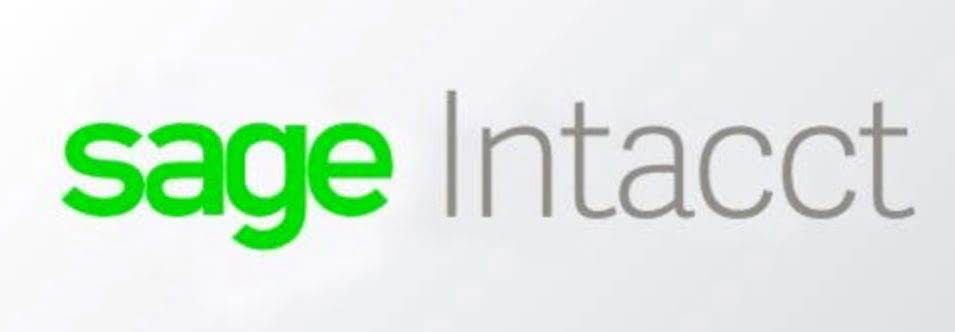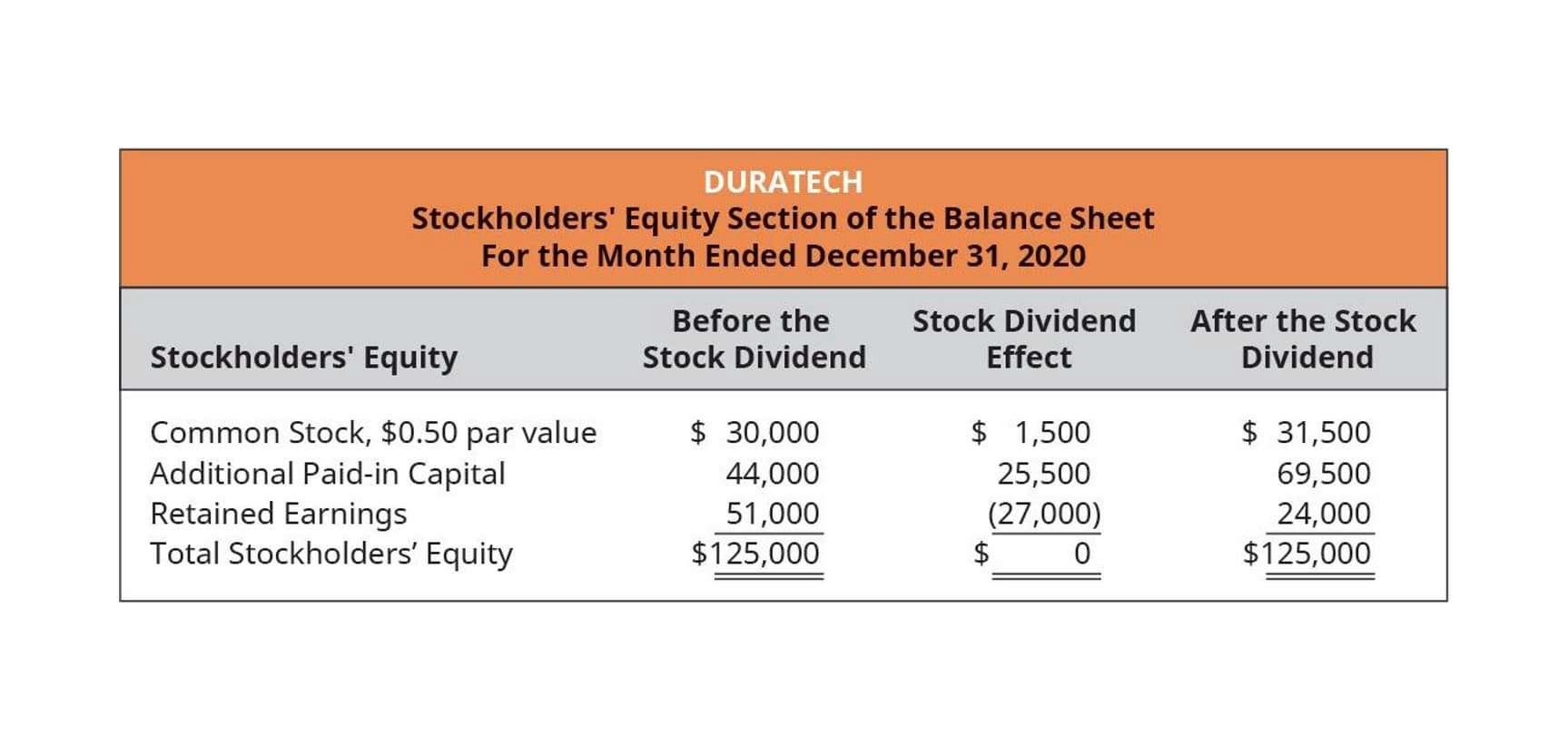
Not for the first time, the Conservative Party looks to have an outstanding leader in the making. Please note that by submitting the above mentioned details, you are authorizing us to Call/SMS you even though you may be registered under DND. We collect, retain, and use your contact information for legitimate business purposes only, to contact you and to provide you information & latest updates regarding our products & services. Shaun Conrad is a Certified Public Accountant and CPA exam expert with a passion for teaching. After almost a decade of experience in public accounting, he created MyAccountingCourse.com to help people learn accounting & finance, pass the CPA exam, and start their career.

Outstanding Shares vs. Issued Shares
- Outstanding shares are all the shares issued and sold by a company that are not held by the company itself.
- Further price increases to cover the callous National Insurance hike and minimum wage changes are no doubt incoming, and this will only drive customers away from pubs and benefit supermarket alcohol sales.
- While the number of outstanding shares and the public float may be the same, they don’t have to be, such as in the case of one company owning the shares of another company with no plans to sell them.
- The filings will specify the number of outstanding shares on the company’s balance sheet, which is a document that lists a company’s assets, liabilities and shareholder equity.
- The vast majority of pubs charge in increments of 10p, for good operational reasons.
- The combined effect of the increase in employer’s National Insurance contributions, the National Living Wage and business rates will cost us £217,000 in the next financial year.
Finally, it must be able to comply with state and federal securities regulations for the issuance. Treasury shares are the portion of shares that a company keeps in its own treasury. These shares are not considered outstanding because they are not held by public or institutional investors.

Reverse Split

Assuming all option holders exercise, Company A would issue 10 million shares. With the $50 million in cash, in theory it could instantly repurchase 5 million shares at $10 each. Obviously, those option holders in theory could exercise their options to create new shares. Should they do so, however, they would also contribute $50 million in cash to the corporate treasury.

Restricted Shares vs. Outstanding Shares
The offers that appear on this site are from companies that compensate us. But this compensation does not influence the information we publish, or the reviews that you see on this site. We do not include the universe of companies or financial offers that may be available to you.
- The reason for that is that most public companies have instruments that provide for shares to be issued in the future.
- Companies may do this to increase their share price, such as if they need to satisfy exchange listing requirements or want to deter short sellers.
- For blue chip stocks, multiple stock splits over decades contribute to market capitalization growth and investor portfolio expansion.
- These include a company’s market capitalization, such as market capitalization, earnings per share (EPS), and cash flow per share (CFPS).
- But the supply of shares in the market can have a bearing on trading dynamics.
- Determining a company’s market capitalization and earnings per share are critical components of smart investors’ analysis process.
A company can maintain a controlling interest by retaining authorized shares. It can also reduce the possibility of a hostile takeover if a majority of shares have yet to be issued. Authorized shares are the maximum number of shares a company can issue, as specified in its corporate charter. Outstanding shares are the shares that have been issued and are https://www.facebook.com/BooksTimeInc currently held by investors.
- Common shares represent ownership interest in a company, and they typically come with voting rights and cash flow (dividend) rights.
- In addition, most public companies don’t need to issue more shares, at least in the number required to bump up against the authorized maximum.
- The number of outstanding shares affects several key financial metrics and ratios, including earnings per share (EPS) and price-to-earnings (P/E) ratio.
- Investors use outstanding shares to gauge a company’s size and compare it with peers.
- Companies may issue shares from time to time to fund growth or to reward executives and other insiders, so the number can vary from quarter to quarter.
- Outstanding shares are those owned by stockholders, company officials, and investors in the public domain, including retail investors, institutional investors, and insiders.
- Those companies buy back and retire shares, instead of holding them in the treasury.
A company with 100 million outstanding shares, but with 95 million held by insiders and institutions, will have a constrained float of only five million shares, impacting its liquidity. Lockups aside, long-standing investors such as founders or venture capital backers may have their own restrictions balance sheet on selling, or may have signaled that they have no intent to do so. This is because the total number of outstanding shares will change over time. Stock options will be exercised; restricted stock may vest after executives hit certain targets.

Authorized shares, meanwhile, are the maximum number of shares a company can issue, based on its corporate charter. Generally speaking, stocks with smaller floats will experience more volatility than those with larger floats. Further price shares outstanding formula increases to cover the callous National Insurance hike and minimum wage changes are no doubt incoming, and this will only drive customers away from pubs and benefit supermarket alcohol sales. Now that you have learned about one of the parameters of choosing safe stocks, open demat account with Angel One and start making your future safe.

